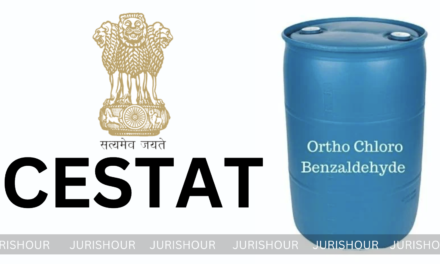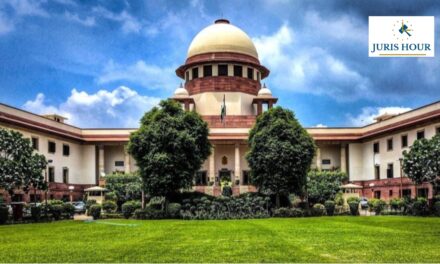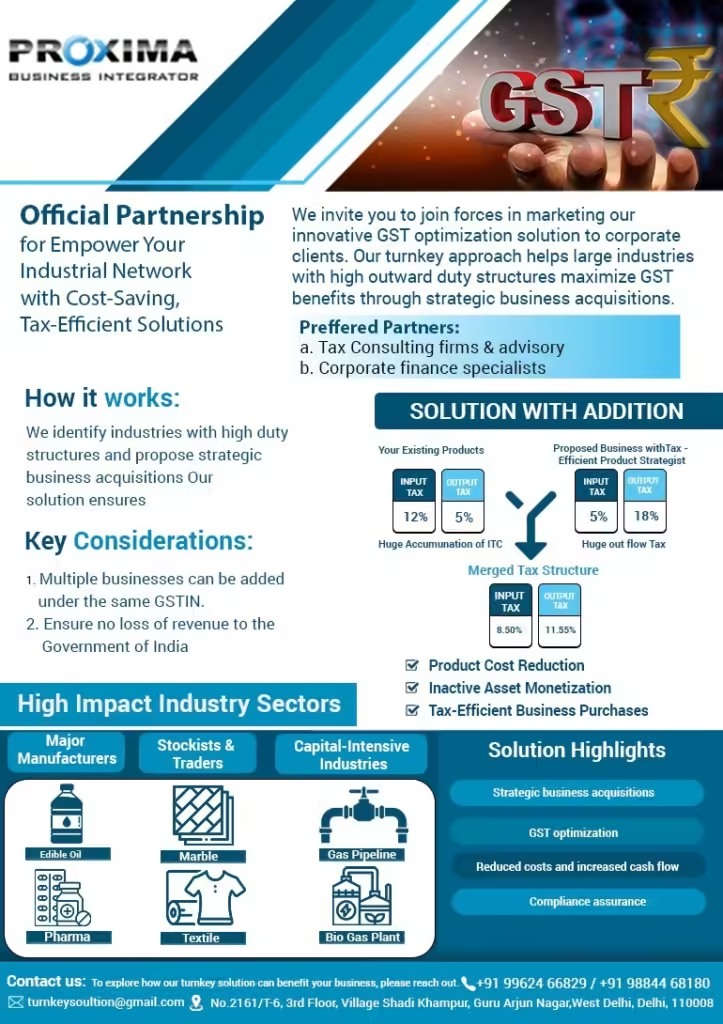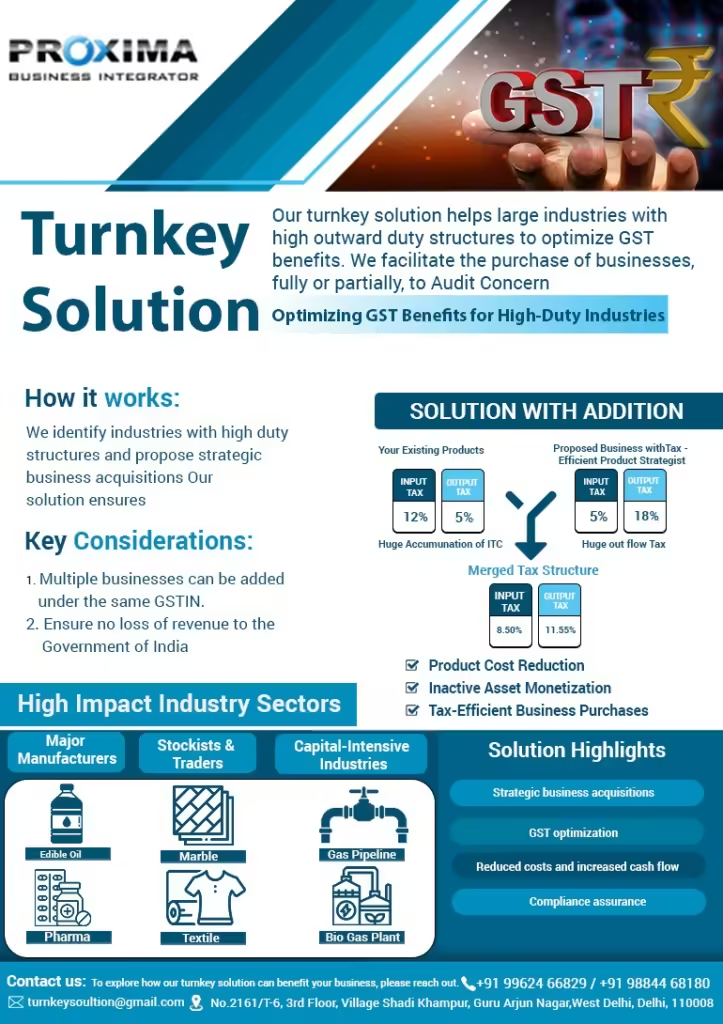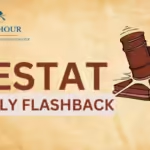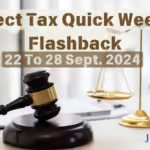The Orissa High Court has held that entry tax is not payable on tractor trolleys.
The bench of Justice Arindam Sinha and Justice M.S. Sahoo has observed that Section 2(h) in the Entry Tax Act defines only motor vehicle to mean the same as defined in clause (28) of section 2 excluding tractor.
Section 2(h) from Orissa Entry Tax Act, 1999 defines “Motor Vehicle”, which means a motor vehicle as defined in clause (28) of Section 2 of the Motor Vehicles Act, 1988 (59 1988) [excluding any tractor , earthmover , excavator , bulldozer or road-roller].
Section 2(28) of the Motor Vehicles Act, 1988 defines “motor vehicle” or “vehicle” which means any mechanically propelled vehicle adapted for use upon roads whether the power of propulsion is transmitted thereto from an external or internal source and includes a chassis to which a body has not been attached and a trailer. But does not include a vehicle running upon fixed rails or a vehicle of a special type adapted for use only in a factory or in any other enclosed premises or a vehicle having less than four wheels fitted with engine capacity of not exceeding [twenty- five cubic centimetres].
Issue Raised
Is a tractor trolly ‘motor vehicle’ for the purposes of Section 2 (h) of the Orissa Entry tax Act, 1999 (OET Act) and is it amenable to entry tax?
Arguments
The petitioner-assessee contended that entry tax is not leviable on the product being a tractor trailer.
The department contended that only tractors are excluded from the definition of motor vehicle by section 2(h) in Orissa Entry Tax Act, 1999. Said section makes applicable definition of motor vehicle given in section 2(28) in the Act of 1988 excluding, inter alia, tractor. It does not exclude trailers. No question of law arises for the revision to be admitted. Even though a trailer is drawn by a motor vehicle, by itself being a motor vehicle, the tractor trailer would constitute a goods carrier.
The department has laid the emphasis on the Supreme Court having a trailer drawn by a motor vehicle, it by itself is a motor vehicle with reference to definition under section 2(28) in Motor Vehicles Act, 1988.
Conclusion
The court while allowing the petition held that the product manufactured by the petitioner does not have a motor. As such, it can only find meaning as given for ‘vehicle’, by section 2(28) in Motor Vehicles Act. 1988. Section 2(h) in Entry Tax Act, 1999 defines ‘motor vehicle’. There is no definition of ‘vehicle’ in that Act.
Case Title: M/s. Aman Enterprises Versus State of Odisha and others
Case No.: STREV No.6 of 2022 and STREV No.7 of 2022
Date: 11/09/2024
Counsel For Petitioner: R.P. Kar
Counsel For Respondent: A.K. Sharma



